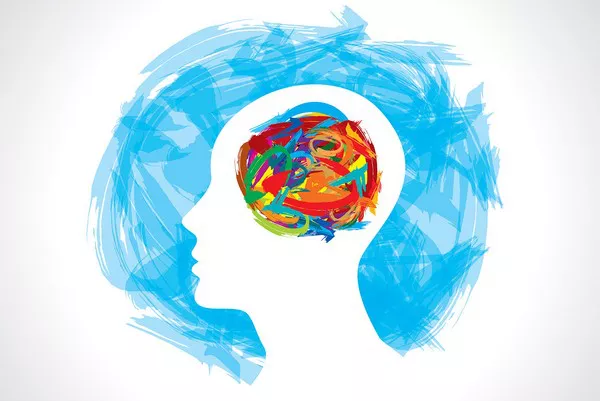A recent trial published by The BMJ reveals that remote video consultations between patients and mental health specialists lead to small yet significant improvements in symptoms of depression and anxiety. Given the high prevalence of these disorders globally, even minor improvements can be meaningful.
The study involved 376 adults (average age 45; 63% women) who visited their general practitioners (GPs) with at least moderately severe depression or anxiety between March 2020 and November 2021. Participants were randomly assigned to either a new video consultation model (PROVIDE) or usual care, which included medication and brief counseling.
The PROVIDE model featured five 50-minute video sessions over eight weeks, resulting in an average 2.4 point reduction in the patient health questionnaire anxiety and depression scale (PHQ-ADS) score at six months, with sustained improvements at 12 months. It was particularly effective in alleviating psychological distress linked to physical symptoms.
While the effect size fell below the clinically important difference, researchers assert that the improvements are significant considering the widespread nature of these conditions. They advocate for further research to refine such interventions, suggesting that the PROVIDE model holds promise as a scalable solution to enhance mental health in community settings.
You Might Be Interested In:
-
Abnormal Blood Lipid Levels Linked with ICP and Pregnancy Complications
-
Maternal Influenza Infection in Pregnancy Tied to Seizures in Offspring
-
ASICS Public Service Announcement Warns the World About Workplace Mental Health Threat

